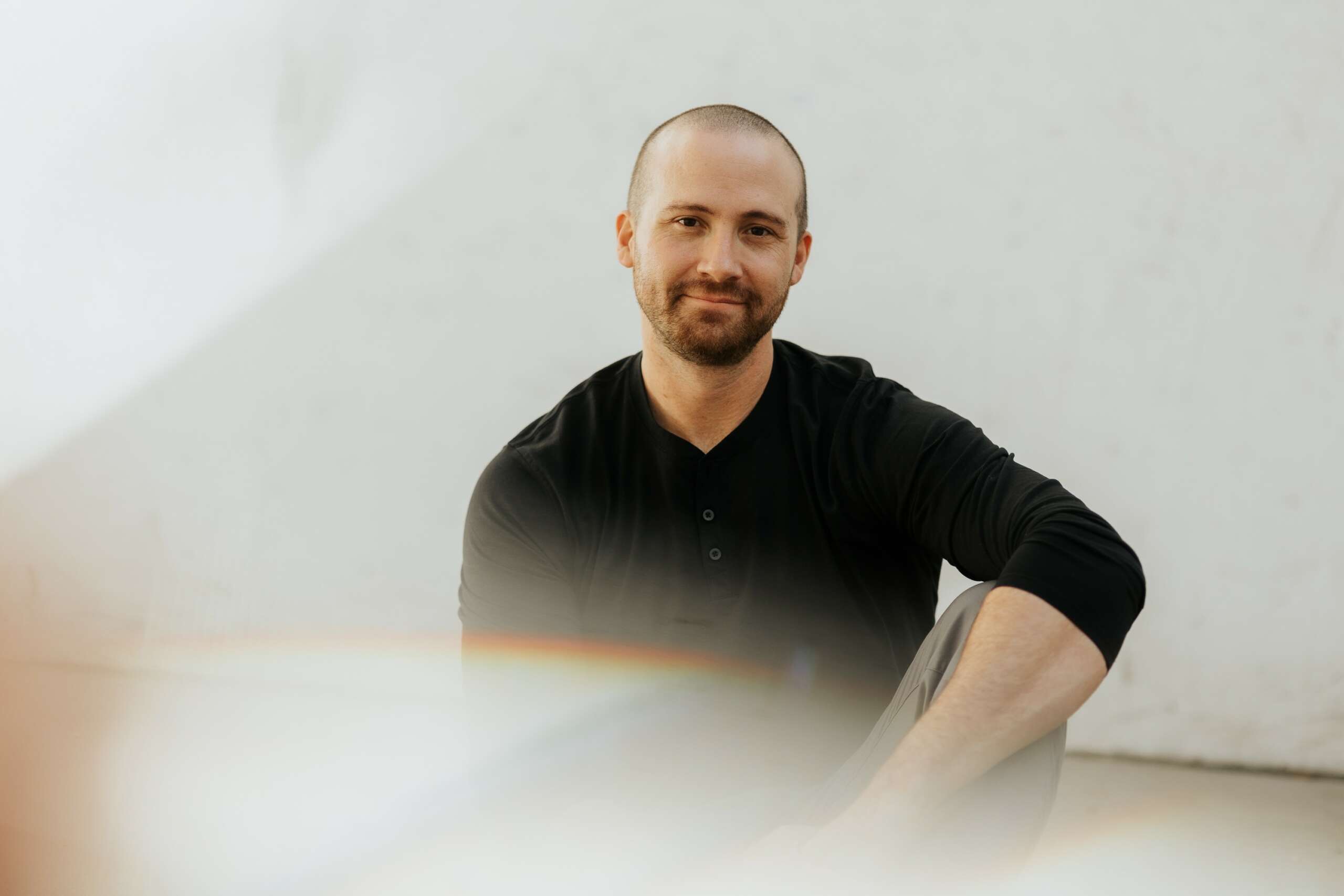We caught up with the brilliant and insightful Kevin Poelking a few weeks ago and have shared our conversation below.
Kevin, appreciate you joining us today. Did you always know you wanted to pursue a creative or artistic career? When did you first know?
My career began in a wonderful position as a beginning band and orchestra teacher in the public schools just north of Washington, D.C. In between fixing broken strings and preparing lesson plans for the ultimate performance of “Hot Cross Buns”, I was able to spend time performing as percussionist with a number of phenomenal ensembles in the area while refining my skills as a conductor by attending summer workshops and seeking out podium opportunities with local ensembles.
At the same time, I was always composing.
I never really considered a career as a composer. Perhaps because I had never really met one. So composing became something I did “for fun”. While I always REALLY loved teaching, performing, and conducting, creating music was something something different, it was something I could never STOP doing since I was a kid making cool “techno” songs (all in A minor because I didn’t know what a key signature was, much less how to change it). Composing all the way, I took a pause somewhere in my mid-twenties when I saw a post for a composing competition for choir and I figured “Why not?” That piece was named the winner, quickly followed by my first work for string quartet.
Interesting.
I started really digging into things, reading orchestration books, listening to ALL the music and studying scores in every spare moment I had. I began posting my music to YouTube for fun, and soon a brass ensemble in Spain was asking for the sheet music to a fanfare. It absolutely blew my mind to hear the recording of something I wrote being performed in a European cathedral, instead of a computer playback by the (less than musical) instruments in my notation software. Hearing my music performed by live musicians was (and continues to be) absolutely unlike anything I’ve experienced in my life.
When I got to Colorado State University to pursue a graduate degree in conducting, I was still in denial about composing as a profession. Just before I turned 30 (way too late to start a career as a “young composer” according to many competitions), I brought some of my music to a lesson with my conducting teacher Rebecca Phillips. She immediately put me in touch with James M. David, head of composition at CSU to start lessons in composing. The most important discussions we had were about life as a composer. It’s really competitive. It can be really unpredictable. It can also be amazing.
As my degree was wrapping up, I asked my wife Caitlin: “Should I finally give this a go?” Having the most to risk in giving me the green-light to try and become a professional composer, she offered me (and has continued to offer me) the most unrelenting support.
Thanks to Caitlin, Rebecca, Jim, and countless other people (quick shoutout to my first commission Grey Shealy!) in my life who supported my early career in composing, I published a website, threw my music out to the world, and filed paperwork in Colorado to become an official business. A few years later, I am so glad I took the risk.
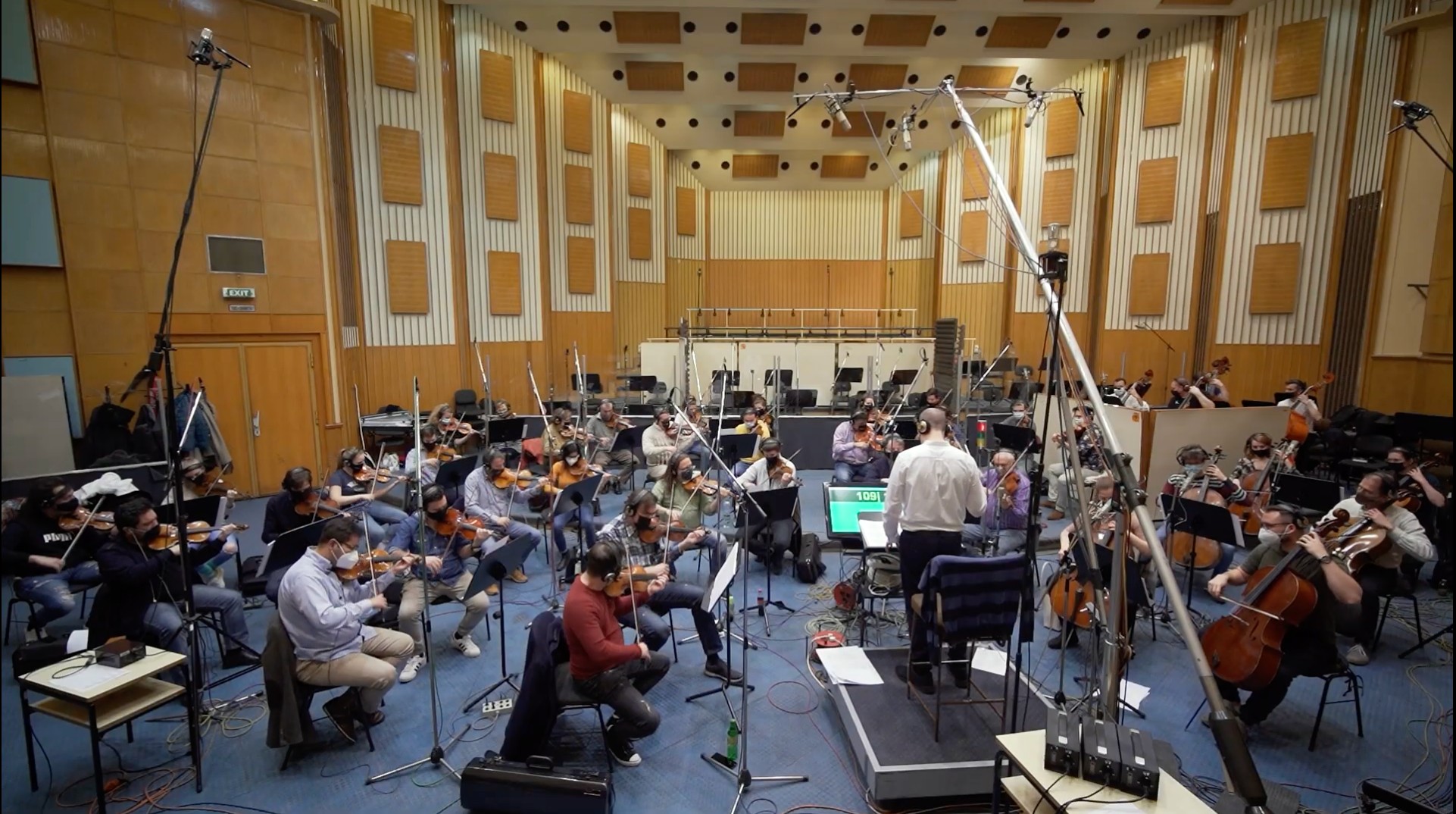
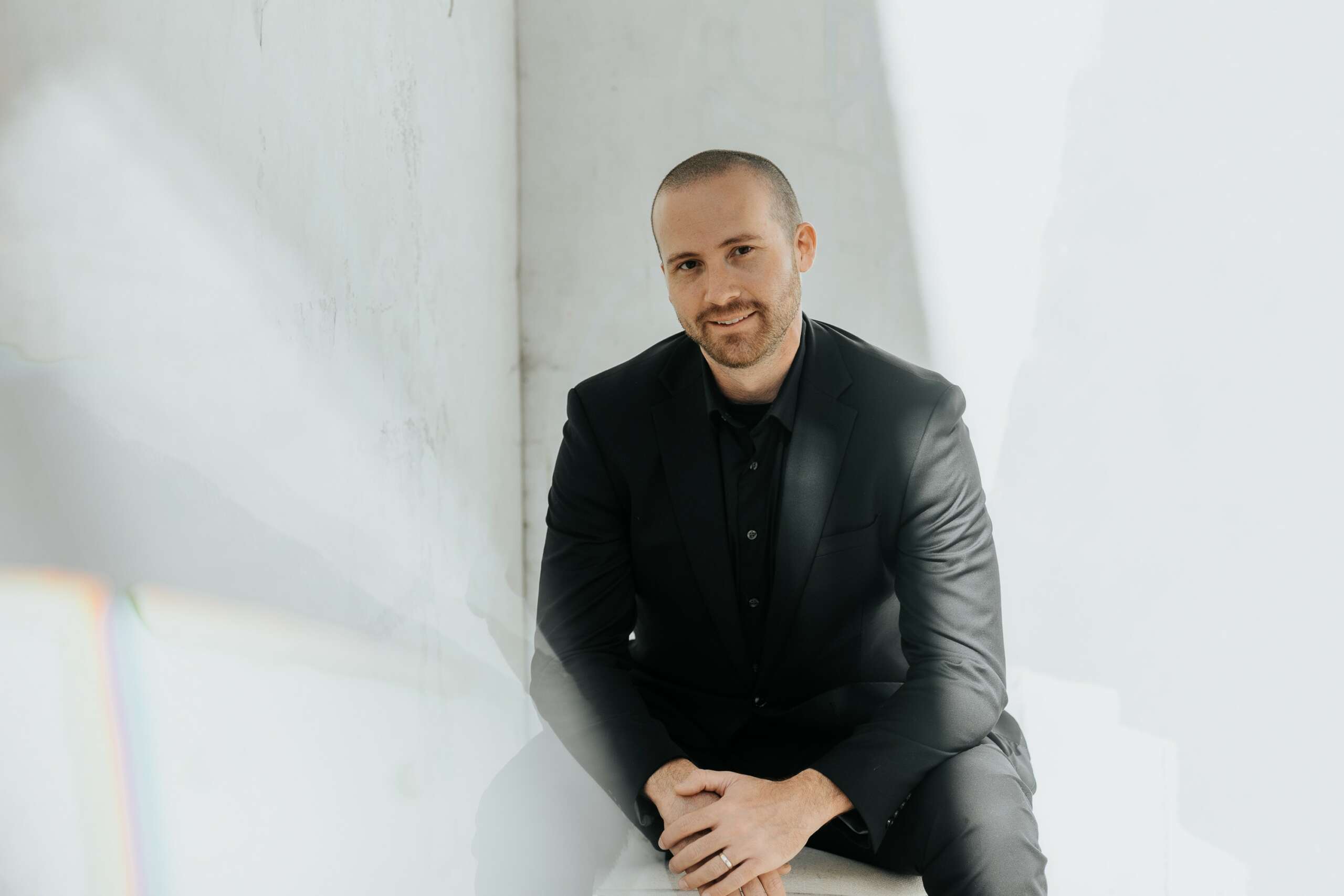
Great, appreciate you sharing that with us. Before we ask you to share more of your insights, can you take a moment to introduce yourself and how you got to where you are today to our readers.
I began the commitment to a career in composing after spending a number of years as a public school teacher, percussionist, and conductor. My background in these positions has helped me immensely to see the human side of how quality, thoughtful music can affect people.
While isolating at times, composing is also such a collaborative art form. As a composer, I have to consider the needs of the client/ commissioning party, the performers, and the audience. What should the piece sound like? What makes the performers sound their best? What reaction or emotion do we want to evoke in the audience?
As a composer, I believe that I have the responsibility of creating music that is meticulously crafted and is firmly rooted in the idea that it is created for real human beings. If we are not really saying anything important as artists, what are we really doing? I want to give my listeners and collaborators something that makes them experience something meaningful; perhaps something they didn’t even know that they wanted until they hear it.
While I have worked with some incredible professional musicians and ensembles from around the world, I also leave room to work with amateur musicians on their own musical creations. This has included everything from one-on-one “private lessons”, to taking their simple melodies and creating full orchestral arrangements for them. I’ve created music as personal gifts and have collaborated with other creatives, corporations, and non-profits to elevate their products.
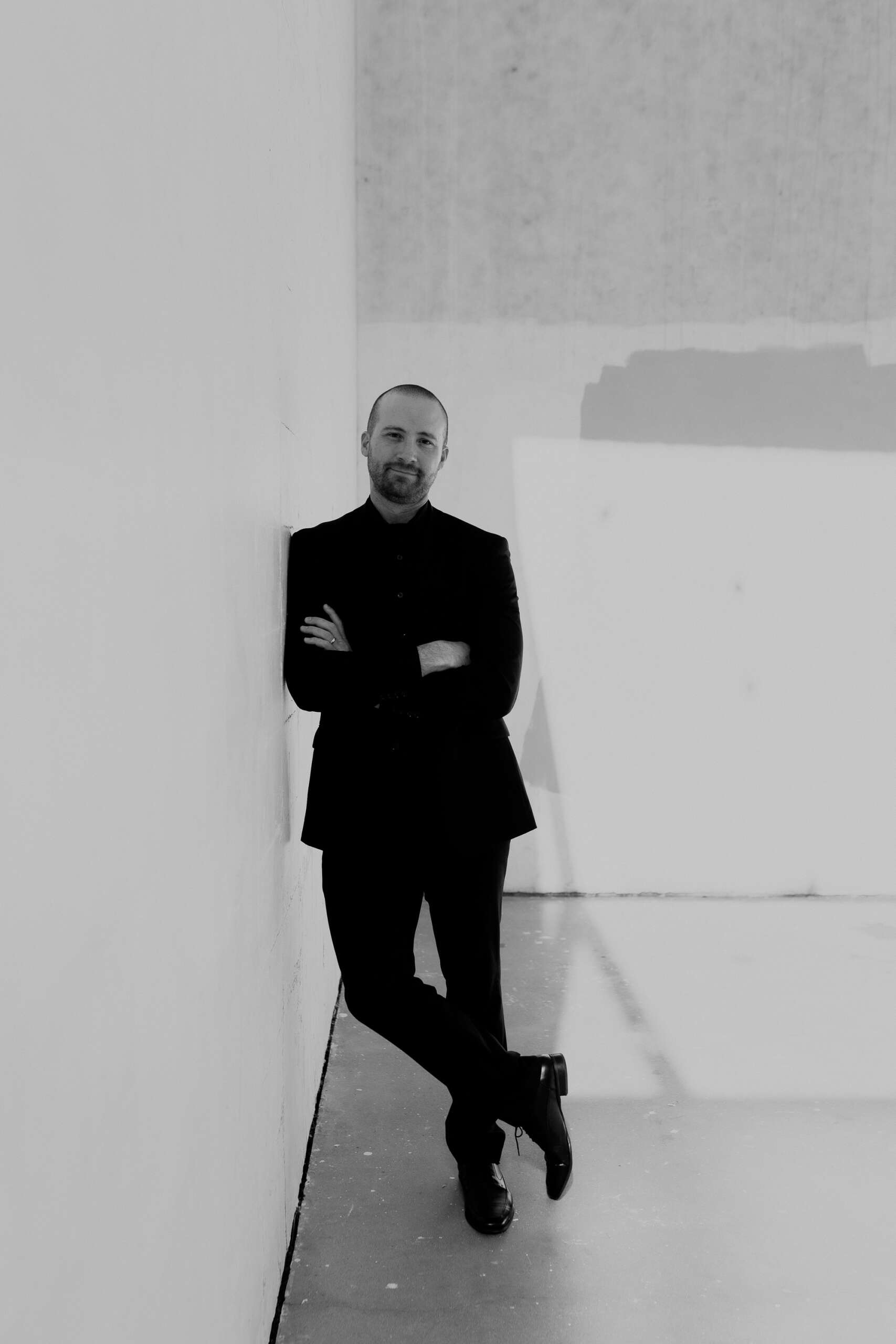
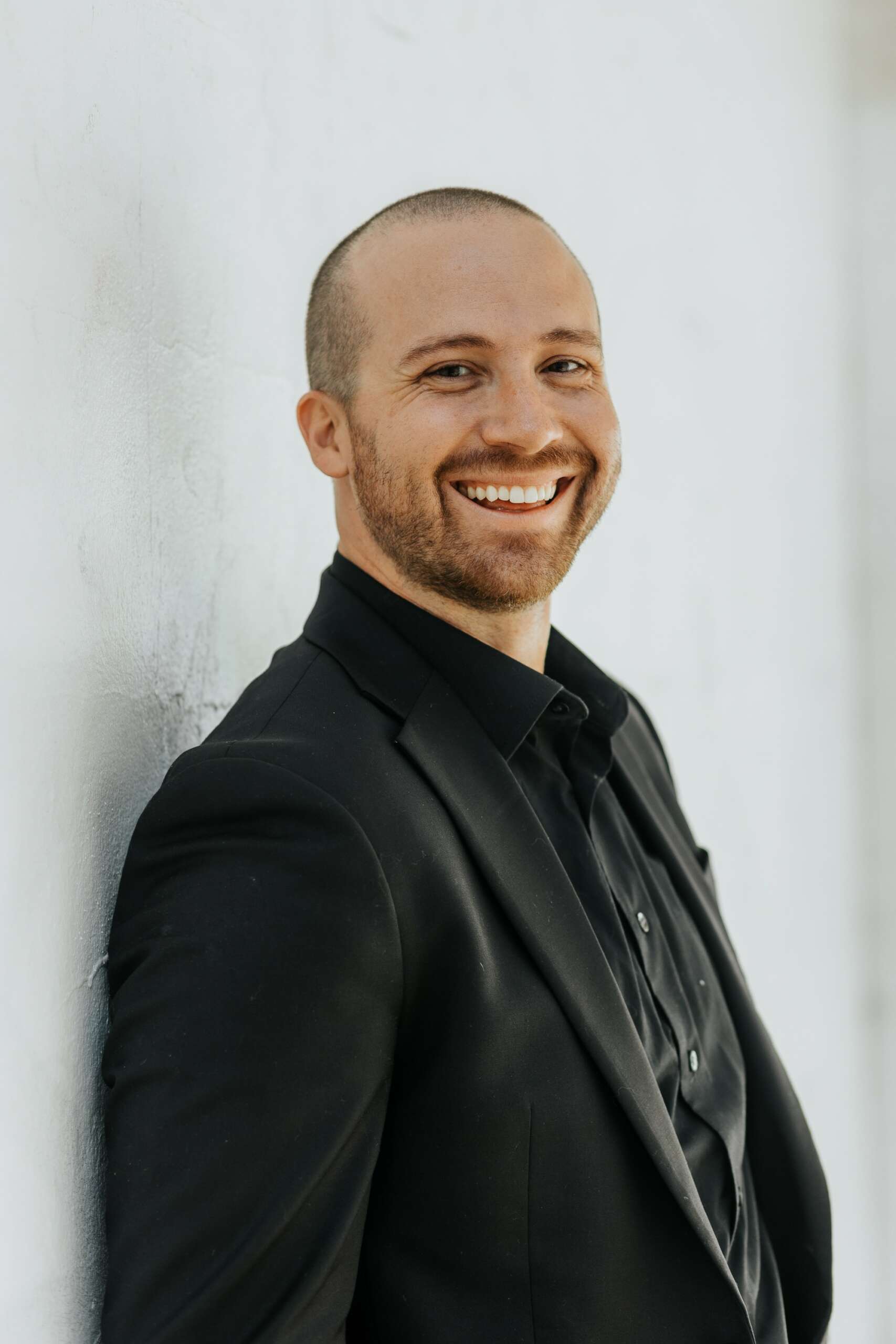
Do you think there is something that non-creatives might struggle to understand about your journey as a creative? Maybe you can shed some light?
Being a composer is an incredibly vulnerable experience. I imagine starting any type of self-owned business is difficult, as there is always a part of you that is personally wrapped up in the success of the company. But when a product-based company struggles, there is perhaps a bit of relief that people just don’t “like” your widget. When you are a composer and things are not “going well”, it’s very easy to go down a path of unhealthy self-criticism. There is no widget here to blame. My music is so emotionally linked to me as an artist, that it is sometimes hard to not feel personally insulted and discouraged.
I completely understand why so many composers give up on the profession. I have had countless moments of thinking that things would be easier if I picked up a “normal” job. Better pay, less risk, and (most importantly), eliminating the constant disappointment and denial when you put your music out into the world. It’s incredibly difficult to spend months on a piece of music and feel as though it is your best work, just to have it premiered and never performed again. Being persistent is so hard when you are so emotionally invested because you are often wondering if you’re just that “delusional artist” whose music isn’t really as good as you think it is. Should I bail out now and start a career in finance? Or am I right on the edge of people discovering my music and just need to stick it out for another year? The fear of people “not liking” your art takes on a lot more intensity when you are reliant on it for paying your rent. However, being “aggressively” patient for so long, I have now started to see the benefits and beauty of sticking to my convictions about how I wanted to contribute to this art form.
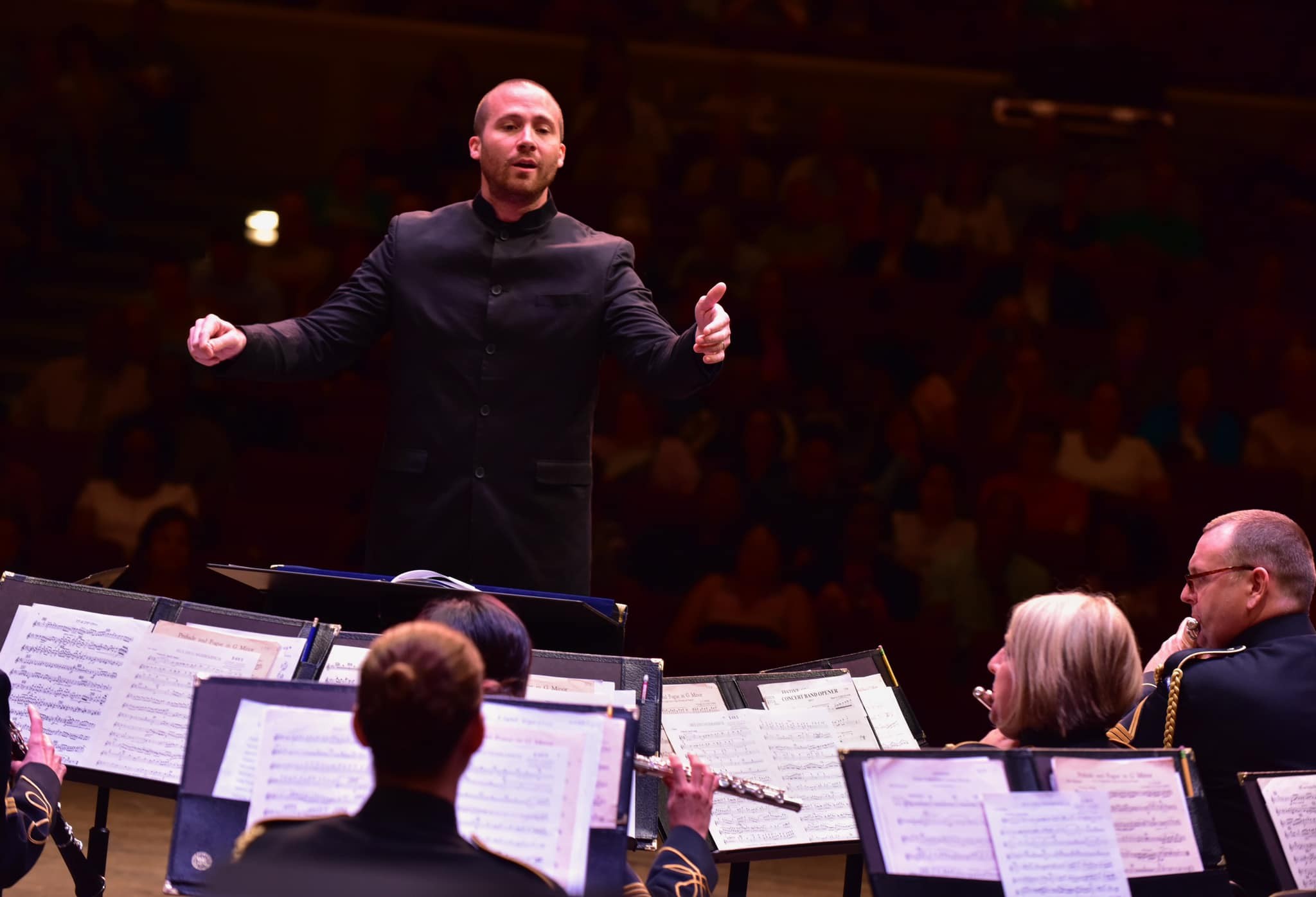
Learning and unlearning are both critical parts of growth – can you share a story of a time when you had to unlearn a lesson?
Today’s economy and culture can often lean heavily on the idea that growing quickly is the most important thing. I have had a number of opportunities to cut corners or take deals that may have given me more money and exposure, but it would have ultimately sacrificed the quality and thoughtfulness that I have found to be a really important aspect of my work. Patience is so underrated and it’s also very, very difficult.
For example, there is no doubt that established music publishers can be amazing resources and partners for composers trying to get their music out to the masses. I started as a self-published composer and (as of this interview) have no immediate plans to sign with a big publisher. The main reason is that being self-published allows me to connect with musicians on a much more personal level. Filling your own orders, mailing your own music, and running your own website can be a daunting task and takes a huge amount of discipline and organization; it is certainly not the right fit for many composers.
But for me, the payoff is worth it. Having complete legal and logistical control of my music, I am able to send music directly to ensembles, musicians, and students. As a result, I have created a number of wonderful connections with people from around the world, which can often lead to other opportunities and collaborations. In an art form where you spend hours and hours alone in a room trying to unravel a new composition, it’s really nice to have these small human interactions in between world premieres.
My music could probably be more widely performed by now had I chosen the “quicker” path. But I’ve chosen to be a composer to do something unique and meaningful. I want to look back in 20 years and be proud of more than a bottom line.
Contact Info:
- Website: https://www.kevinpoelking.com/
- Instagram: https://www.instagram.com/kevinpoelking/
- Facebook: https://www.facebook.com/kevin.poelking/
- Linkedin: https://www.linkedin.com/in/kevinpoelking/
- Youtube: https://www.youtube.com/channel/UCOtA05TuTlQHqOipLZWl2Ew
Image Credits
Headshot photos by Natalie Dyer: https://www.nataliedyerphoto.com/ https://www.instagram.com/nataliedyerphoto/ (@nataliedyerphoto)


